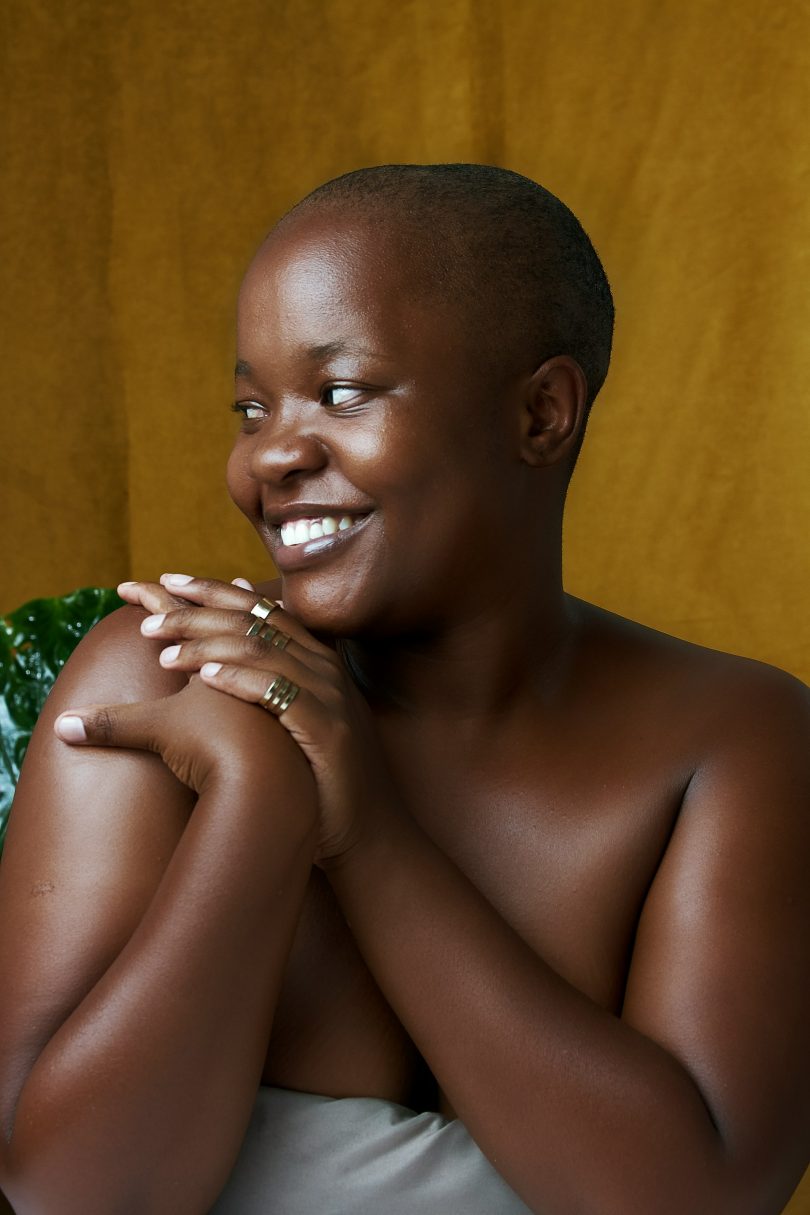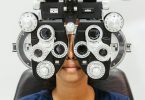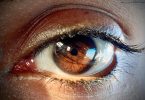Breast cancer treatment can have some harsh physical side effects on the body, including hair loss, dry skin, rashes, and changes to fingernails. Due to the unique hair textures and high predisposition to certain skin conditions, Black men and women often encounter hair loss or thinning and hyperpigmentation. Let’s explore precautions that Black people can take to care for their skin and hair during cancer treatment, and suggestions for culturally sensitive products that help in this journey.
Radiation and Chemo-Specific Precautions for Hair
One of the most common side effects of radiation and thermotherapy is hair loss or thinning. Even if you do not lose your hair during or after breast cancer treatment, you may find your hair is dry or brittle. Chemotherapy drugs target rapidly dividing cells, which include both the cancer cells and hair follicle cells. As a result, you will likely lose hair within the first weeks of starting treatment, or it can become dry, brittle, and eventually fall out. Here are a few tips to care for your hair and scalp during this period:
- The scalp becomes more sensitive due to the treatment. Use a gentle, sulfate-free shampoo and conditioner while avoiding harsh products or tight hairstyles
- If you usually use natural oils like coconut oil to moisturize your hair, you may need to apply them sparingly during cancer treatment. For a bare scalp, it is harder to absorb oil and can make new hair growth look sparse
- Consider wearing a wig or head wrap made from a soft, breathable material like cotton or bamboo to prevent irritation
- Be gentle when using a towel to dry your hair and avoid rubbing hard
- Use a wide-toothed comb on your damp hair and start combing from the ends of your hair to reduce tangles
- Avoid too much heat from hairdryers or heated rollers. Use a hairdryer on a low heat and hold it at least 15cm (6in) away from the hair
- Avoid tying your hair up with a tight band to prevent damage and breaks
- Avoid chemicals such as perms or colors on your hair if you are having chemotherapy, as they may cause allergic reactions
- As your hair begins to grow back in after chemotherapy, wait until you have 2 to 4 inches of new growth before making any major changes. Your hair is still fragile at this point and may not hold the stress of hair extensions, chemical relaxers, wigs, and hair dye
Managing Skin Tone, Hyperpigmentation, And Open Sores
Chemotherapy can cause dryness, rashes, itches, and changes in skin tone. For Black people, the higher levels of Melanin make the skin more prone to post-inflammatory hyperpigmentation (PIH). This is a condition that leads to dark spots appearing on the skin after inflammation or injury. You can combat this issue by using products with vitamin C and niacinamide to even out the skin tone and make the dark spots less noticeable.
Radiation dermatitis is another common side effect of breast cancer treatment. It causes skin redness, swelling, and peeling similar to severe sunburn. Using a mild, pH-balanced cleanser can help in cleaning the skin and getting rid of the dry cells. Then rinse with lukewarm water, followed by a thick, fragrance-free moisturizer with ingredients such as hyaluronic acid, ceramides, and colloidal oatmeal. Products with calendula and aloe vera offer a soothing effect that helps to calm the skin.
If you notice any cuts and open sores on your skin, talk to your healthcare provider for proper wound care instructions. Similarly, you need to choose clothes that are gentle to your skin. Opt for clothing made from soft, breathable fabrics like cotton, silk, and bamboo, as they are less likely to cause irritation or chafing. Avoid scratchy wool and synthetic fabrics as they can trap heat and moisture, leading to more irritation. Make sure that your clothes are loose-fitting to prevent friction on the skin and allow for better air circulation. For women, consider a soft sports bra or bras without underwire to provide support without causing pressure on the chest area.
Here are some additional tips for your skincare during and after breast cancer treatment:
- Talk to the radiographers about which soaps, deodorants, perfumes, and lotions you can use to avoid skin reactions
- Wash your scalp every day with a gentle shampoo or a facial wash, especially if you wear a wig, to remove stress and other dirt
- If you wear a wig, take it off sometimes to allow your scalp to have some air
- Use a gentle fragrance-free moisturizer if your scalp gets dry, flaky, or itchy
- Cover your head when it is cold to protect your scalp and keep it warm
- Tell your healthcare team if your skin develops red spots or a rash, or if hair follicles become inflamed
- Opt for pillowcases made of natural fibers like cotton, bamboo, silk, or linen. Avoid synthetic fibers, like nylon and polyester, as they can irritate the scalp
- Use a sunscreen with a sun protection factor (SPF) of at least 30 on your scalp and wear a hat whenever you go out. Although brown skin has more melanin, which offers natural protection from sun damage, applying sunscreen after you lose your hair can be so beneficial
Culturally Sensitive Product Recommendations for Blacks
Finding the right products for Blacks can be a challenge, especially when you do not know what to look for. Essentially, you want products that are both gentle and effective for your skin. Here are a few suggestions that you can use to make your cancer journey easier:
Skin Care
When choosing products for skincare during breast cancer treatment, focus on keeping your skin clean and moisturized. You will also need to protect your skin from harmful UV rays from the sun. Here are a few suggestions:
- Cleansers: Look for gentle, hydrating cleansers like CeraVe Hydrating Facial Cleanser, Beauty of Joseon Green Plum Refreshing Cleanser, or La Roche-Posay Toleriane Hydrating Gentle Cleanser.
- Moisturizers: Go for fragrance-free options such as Vanicream Moisturizing Cream, Aveeno Daily Moisturizing Cream, and Eucerin Eczema Relief Cream
- Managing hyperpigmentation: Opt for products with ingredients like vitamin C and Niacinamide. Brands like The Ordinary, SAAM Renewal Face, and Paula’s Choice are great for Black skin.
- Sunscreens: Look for mineral-based sunscreens that are gentler on sensitive skin and have ingredients such as titanium dioxide or zinc oxide. Black Girl Sunscreen or Supergoop’s Unseen Sunscreen are great options.
Hair Care
Your choice of products should help address issues such as hair thinning and hair loss. Scalp care becomes the most important consideration for breast cancer patients. Here is what to look for:
- Shampoos and Conditioners: Opt for sulfate-free, hydrating shampoos that nourish textured hair and are less harsh on a sensitive scalp. Brands like SheaMoisture, Mielle Organics, or Carol’s Daughter are good options
- Scalp Oils: Use a lightweight, natural oil like jojoba or grapeseed oil to moisturize your dry or itchy scalp. Avoid petroleum-based products or heavy butters that can clog pores
While side effects of breast cancer treatment tend to differ greatly between individuals, hair loss and skin changes are the most common. Whether you are undergoing chemotherapy or radiotherapy, you may need to make changes to how you care for your hair and skin. Although your oncologist will tell you anything you need to avoid during cancer treatment, knowing what to do and the products to use can make your journey easier.
Additional Sources
- Side effects of cancer treatment on Black skin. https://www.blackskindirectory.com/library/side-effects-of-cancer-treatment-on-black-skin
- Hair Loss and Breast Cancer Among Black Women. https://www.webmd.com/breast-cancer/breast-cancer-black-women-hair-loss
- Black hair: Tips for everyday care. https://www.aad.org/public/everyday-care/hair-scalp-care/hair/care-african-american
- Hair product use and breast cancer risk among African American and White women. https://pmc.ncbi.nlm.nih.gov/articles/PMC5862263/
- Afro hair chemotherapy hair loss guide. https://www.cancerhaircare.co.uk/afro-chemotherapy-hair-loss-guide/








